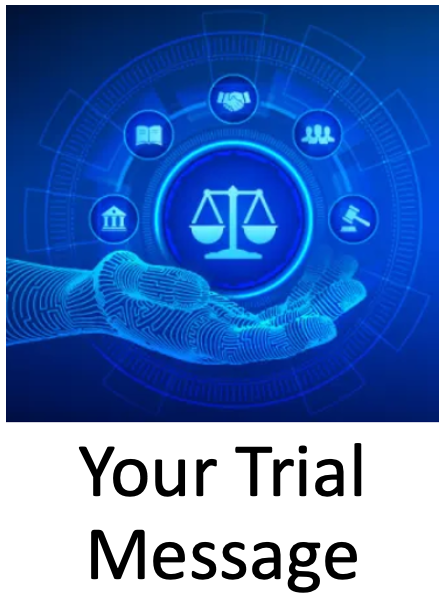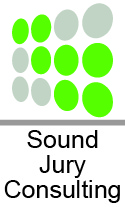How are jurors affected by the image size of presented videos? | Online Jury Research Update
Courtroom videos are presented in a variety of ways to jurors, being shown on such devices as small screens in the jury box, big screen television monitors, and large format projection screens. How does the size of video images presented to jurors -- small, medium or large -- influence jurors' decisions? Wendy Heath and Bruce Grannermann (2014) examined the effect of video image size on jurors' verdicts. A total of 263 jury-eligible mock jurors were presented a trial summary about a female defendant charged with murder. For half of the jurors, the trial summary presented strong evidence against the defendant,
Is Your Jury Consultant Doing These 12 Things Helping You Prepare for a Mock Trial?
Preparing for a mock trial can be daunting, especially if you're unsure how to proceed. That's where a jury consultant comes in. A good jury consultant can help you prepare for a mock trial in various ways. In this blog post, I'll discuss 12 things your jury consultant should do to help you prepare. 1. Developing a Theme One of the first things your jury consultant should do is help you develop a theme for your case. A theme is an overarching idea that ties together all the evidence and arguments in your case. Developing a theme early on can
Recognizing Strengths in the Other Side’s Case Might Make You More Persuasive
Most litigators cringe at the idea of recognizing strengths in the other side’s case (or weaknesses in their own). It doesn’t seem right. Instead, it seems like a recipe for disaster, an acknowledgement that the other side might have a strong case. However, research suggests that recognizing the strengths of the other side’s arguments (or the weaknesses in your own) actually increases your persuasiveness. I went looking for this research after a recent experience in Seattle, Washington. The plaintiff attorney in this case chose to remain silent on a couple key weaknesses in his case. He didn’t even acknowledge them




